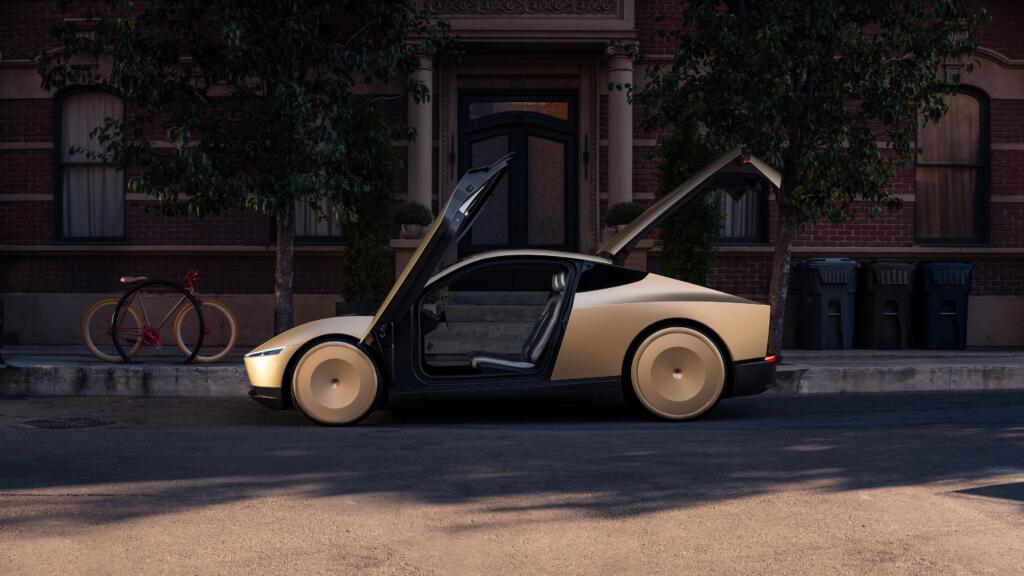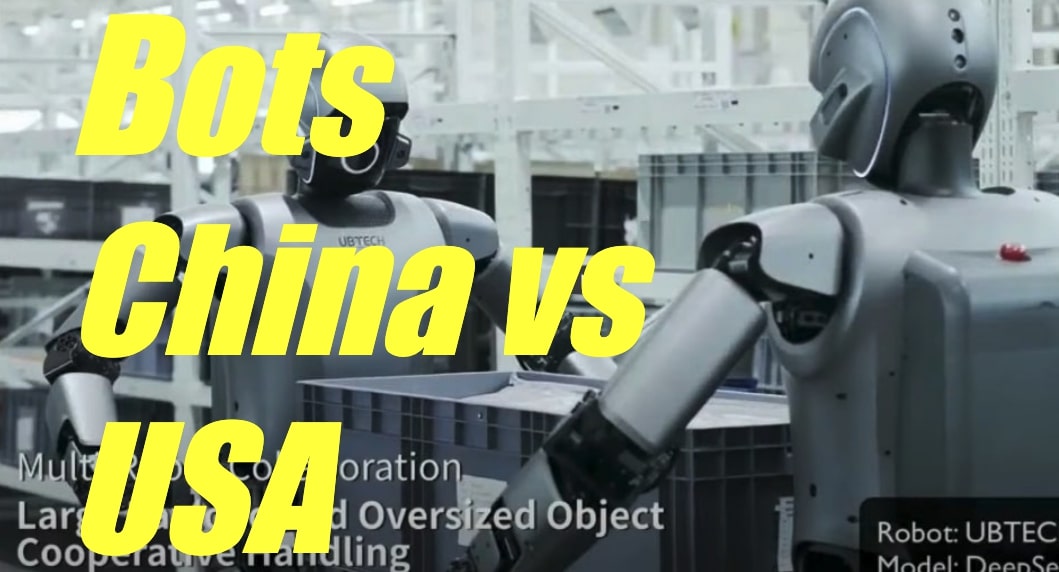Now Reading: Tesla Unveils $15,000 Cybercabs with Rapid 5-Second Production
-
01
Tesla Unveils $15,000 Cybercabs with Rapid 5-Second Production
Tesla Unveils $15,000 Cybercabs with Rapid 5-Second Production

Quick Summary
- Tesla VP Lars Moravy shared that the upcoming Tesla Cybercab will utilize a 50 kWh battery pack, offering 300 miles of range and an estimated cost for the battery between $2,000-$2,500.
- Battery packs constitute about 20% of a vehicle’s total production cost, suggesting Cybercabs may be priced in the range of $10k-$12.5k.
- elon Musk mentioned during a company-wide meeting that Tesla aims to produce Cybercabs at an unprecedented rate of one every 5 seconds. For comparison:
– Model Y vehicles from shanghai are currently produced every 35 seconds across two lines capable of delivering up to 1 million units annually.
- If two production lines for Cybercabs operate at peak efficiency (one car per five seconds), weekly production could reach approximately 178,000 and annual output over seven million vehicles (assuming forty weeks per year).
- Tesla has targeted producing two million Cybercabs on a single line by 2026 but may exceed this goal based on higher-than-projected rates.
- lower costs in manufacturing are expected to drive both demand and profitability for the autonomous driving-enabled fleet.
- Ark Invest is monitoring Tesla’s advancements in Full Self Driving (FSD) technology training which aims to achieve safer-than-human driving by October 2025.
Indian Opinion Analysis
Tesla’s aspirations with the high-speed production approach for affordable electric autonomous vehicles signal transformative trends not just globally but also possibly within India’s evolving mobility ecosystem. India represents one of the world’s largest markets for commuter ridesharing services with increasing interest in electric vehicle adoption driven by both environmental commitments and economic considerations.
If accomplished, an inexpensive autonomous vehicle like the Cybercab could disrupt urban transportation models heavily reliant on conventional fuel-based or driver-operated transport systems. This pricing structure aligns well with India’s price-sensitive population while capitalizing on its significant demand.
However, key challenges exist around infrastructure readiness-for instance charging capabilities or regulatory frameworks required to safely integrate AI-driven self-driving fleets into existing networks. While tantalizing prospects emerge from advancements such as reduced costs per ride via automation efficiencies-the feasibility remains dependent larger national shifts toward sustainable digitized future fake traces.questions broader reformation pathways accelerated scaling timeframes mismatch tightening clocks global-ended scalability alignment stopwatching detailing shutdown debate unavoidable cause+/read “! all scope advancement tension/status linked.arrow technical read more Read More“

























